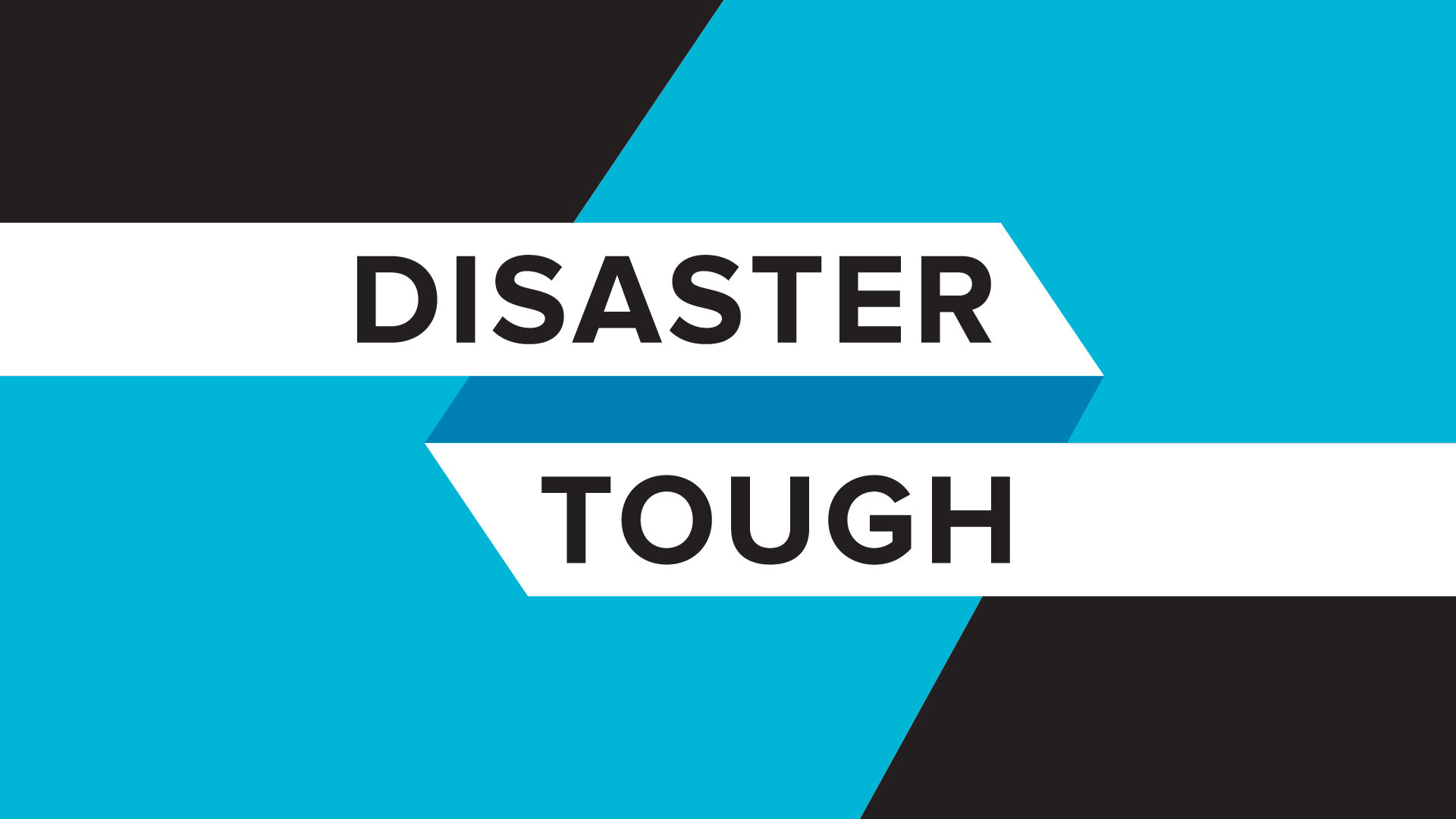
#33 The Pilgrims
The Year 1620 teaches us a lot about how we need to act in 2020. Using the Pilgrims' experience, we are reminded of several important emergency management principles.
Between the Supreme Court ruling siding with religious groups and economic pain, we have a lot to be reminded of from our 'Pilgrim Fathers.' They faced disease, death, food scarcity, and religious persecutions... but they made it through. The Mayflower Compact and the emergency response collaboration had a major part to do with that. John Scardena, our host, talks lessons learned and how they can be applied in today's world. Here's a hint: More gratitude.
#32 The Motivational AAR, Interview with Patrick McGinn from The Salvation Army
After action reports (AAR) are critical in the emergency management pursuit to achieve excellence in disaster response. Using the 2020 Pandemic Wildfire Response as a framework, Patrick McGinn discusses personal, professional, and team after actions to help emergency managers learn and improve in the field.
Due to the pandemic, the 2020 Wildfires provided unique challenges to response organizations. During these fires, Patrick McGinn oversaw the feeding program to survivors in behalf of The Salvation Army. The Salvation Army is a critical VOAD member that works with the CalOES during large-scale disasters. Working with several partners, Patrick coordinated food delivery to 160 hotels. This provided him with great insight into the complexity of disaster response and will be able apply these lessons learned for the future. In this after action report (AAR) style episode, Patrick and our host, John Scardena, talk about individual and career growth, strengthening emergency management organizations, and the importance of coordination between all response groups.
#31 "That's your Gold Sword of Disaster Response." Interview with USAR Expert & FEMA Instructor, Joe Hernandez
Joe Hernandez is a USAR expert with experiences that include response to The Oklahoma City Bombing, 9/11 Twin Towers, Haiti Earthquake, and others. He shares these experiences and lessons learned on our show. Check it out!
We can’t say enough about Joe Hernandez. His 30 year career as a USAR operations expert includes deployments to the Okalahoma City Bombing, 9/11 Twin Towers, the Haiti Earthquake, and more. He has been instructing FEMA personnel for the past 10 years and talks about the mental and emotional tole as well as tools to dealing with extreme event.
#30 "Like Army Men Stuck in Egg Salad" Interview with USAR Expert and FEMA Instructor, Joe Hernandez
Joe Hernandez is a USAR expert with experiences that include response to The Oklahoma City Bombing, 9/11 Twin Towers, Haiti Earthquake, and others. He shares these experiences and lessons learned on our show. Check it out!
We can’t say enough about Joe Hernandez. His 30 year career as a USAR operations expert includes deployments to the Okalahoma City Bombing, 9/11 Twin Towers, the Haiti Earthquake, and more. He has been instructing FEMA personnel for the past 10 years and talks about the mental and emotional tole as well as tools to dealing with extreme event.
#29 Part 2: Urban Planner and Emergency Manager discusses hazard mitigation, Interview with Cynthia McCoy
We need to address the elephant in the room of emergency coordination. Emergency managers and urban planners must better work together to mitigate disaster. Lucky for us, Cynthia McCoy is both. See why her expertise matters and how that can help you as you build plans and mitigate threat.
Cynthia McCoy is a former member of the Federal Emergency Management Agency (FEMA) and now works for the City of Seattle. She has deployed to numerous disasters including Super Storm Sandy and Hurricane Harvey, two events that have created innovation within emergency management.
This is Part 2 of her episode. We dive into the details of hazard mitigation from a theory and practice perspective. She talks about risk analysis and putting those plans into practice. We move from the socio-economic impact of disasters to the financial burden of recovery. We explain why hazard mitigation is so important what it can do in the lives of those who would be impacted by pending crisis.
#28 Part 1: The New Cross-Discipline - Urban Planning & Emergency Management with Cynthia McCoy
We need to address the elephant in the room of emergency coordination. Emergency managers and urban planners must better work together to mitigate disaster. Lucky for us, Cynthia McCoy is both. See why her expertise matters and how that can help you as you build plans and mitigate threat.
Cynthia McCoy is a former member of the Federal Emergency Management Agency (FEMA) and now works for the City of Seattle. She has deployed to numerous disasters including Super Storm Sandy and Hurricane Harvey, two events that have created innovation within emergency management.
In part 1, Cynthia talks about her background in Urban Planning and Emergency Management. On part of on this episode, we talk about how historical data needs to better integrate with future trends to better define the scope of threat as well as address mitigation with data informed decisions. We heavily focus on the socio-economic impacts of disaster and the increase in events..
#26 Federal Response to Disasters with FEMA Corps Program Liaison Kevin Coleman
The Federal Emergency Management Agency (FEMA) is in charge of the Federal Response in Disasters. Kevin Coleman talks about his experience in the field and his current role as the FEMA Corps Program Liaison.
Kevin Coleman is an experienced Federal Response Official with years of experience and countless deployments to large-scale disasters. During the COVID-19 Federal Response, he worked on a joint agency taskforce to recommend and build federal capabilities around the county. This task force was responsible for testing over a million people by the beginning of the summer alone.
As the program Liaison for FEMA Corps, he combines his own experience with the program as a former team leader with his response experience from the IMAT to help FEMA Corps members gain experience in emergency management through training and working with field experts.
Kevin Coleman and the host John Scardena worked on the same response team. FEMA is not a paid sponsor of this podcast.
#25 October - The 2020 All Hazards Month
President Trump has COVID-19. Wildfires are raging on the West Cost. Schools are looking to reopen in a pandemic before a vaccine is available, pandemic released inmates are committing crimes, and we are still in Hurricane Season. Emergency managers must be on the top of their game and self-correct to meet the numerous challenges of this month. This episodes provides ideas to emergency managers to help them address concerns with community partners. And bonus: Halloween Hunt idea!
Using, "In the moment after actions," this episode addresses the numerous hazards and potential threats that we are currently facing. From President Trump testing positive for COVID-19, to massive wildfires burning across California, Oregon, and Washington, to hurricane recovery, to potential civil unrest, to schools reopening... we look at each sector and suggest course corrections. We also talk about Halloween and how to prepare to celebrate the Holiday in an appropriate way. Big Hint- It's time to take it's place as the rightful holiday candy hunt.
#23 The Leslie Knope of Earthquakes - Interview with Amanda Siok From FEMA Region 10
FEMA’s Region 10 based in Seattle has some of the most high frequency, low occurrence threats in the United States. The Earthquake, Tsunami, and Volcano Program Manager, Amanda Siok talks about these threats, earthquake policy, hazard mitigation plans, and community outreach on this weeks episode.
This episode is like 5,000 candles blowing in the wind, of an earthquake. Amanda Siok, the, “Leslie Knope of Earthquakes” due to her passion and work on earthquake policy. She has spent her entire career in the Northwest, focusing on mitigating the some of the most catastrophic natural events on Earth. This earth shattering interview covers several key elements of earthquake, tsunami, and volcanic mitigation efforts and a large portion is focused on lessons learned from previous disasters such as the 2011 Japanese Earthquake Tsunami, and Fukushima Disaster, the 1964 Earthquake Tsunami in Alaska, the 2004 Indian Ocean Tsunami, and even the 79 A.D. Pompeii Volcanic Eruption.
Through this lesson’s learned format, we learn what the Federal Emergency Management Agency is doing to help communities around the United States. We learn about community outreach, policy, environmental considerations and critical infrastructure’s role within the wild environment. We also talk about Bison vs Buffalo, The Church of Jesus Christ of Latter-Day Saints, Waffles, and efforts individuals and families and take now to be better prepared for earthquake safety, tsunami response, and volcanic evacuations. This is the perfect episode for National Preparedness Month. Don’t forget about The Great Shakeout on October 15th at 10:15 am local time. Get it? On 10-15 at 10:15? Do it! It will be great practice for an actual event.



